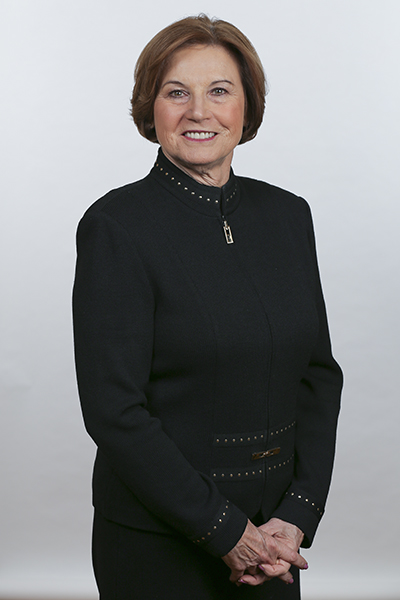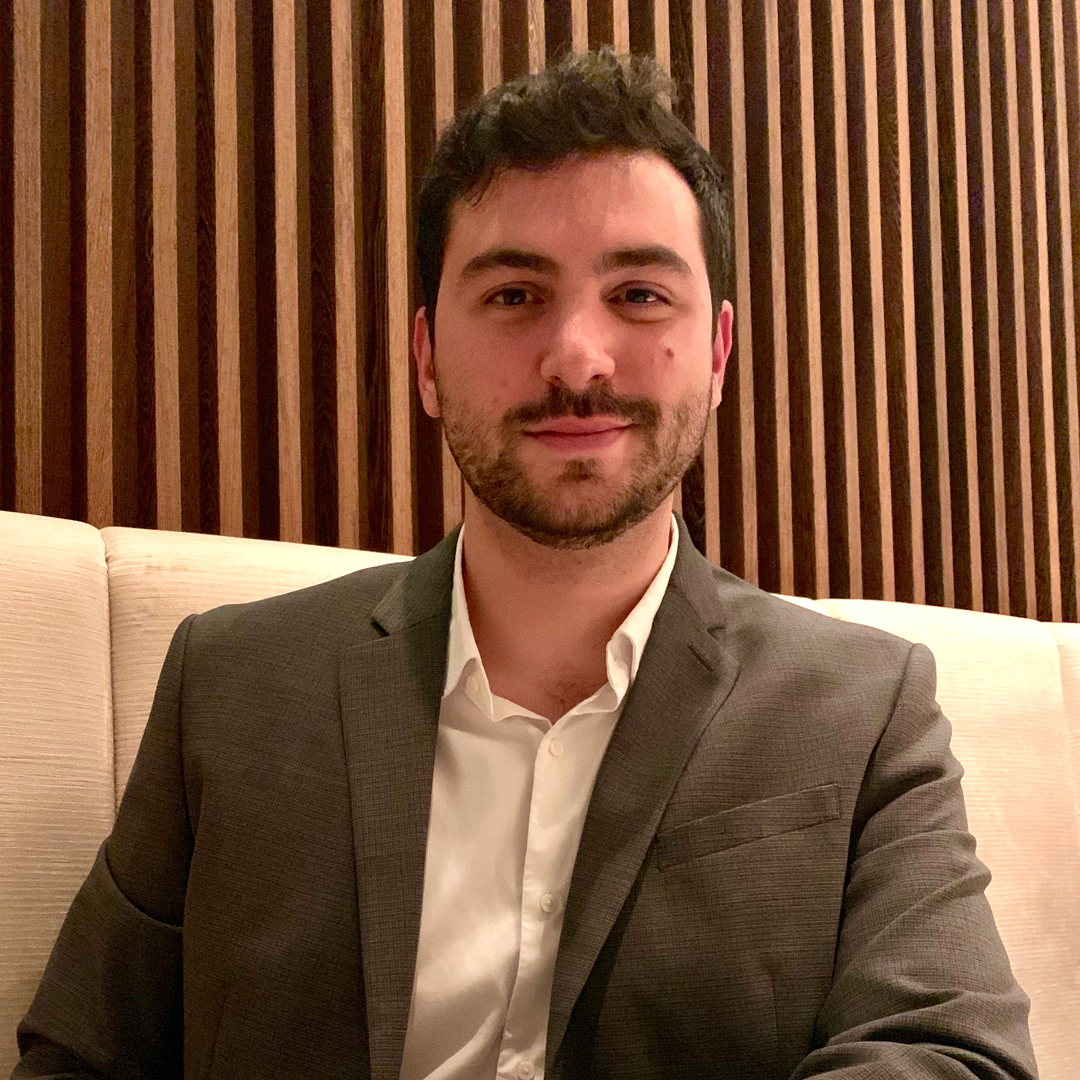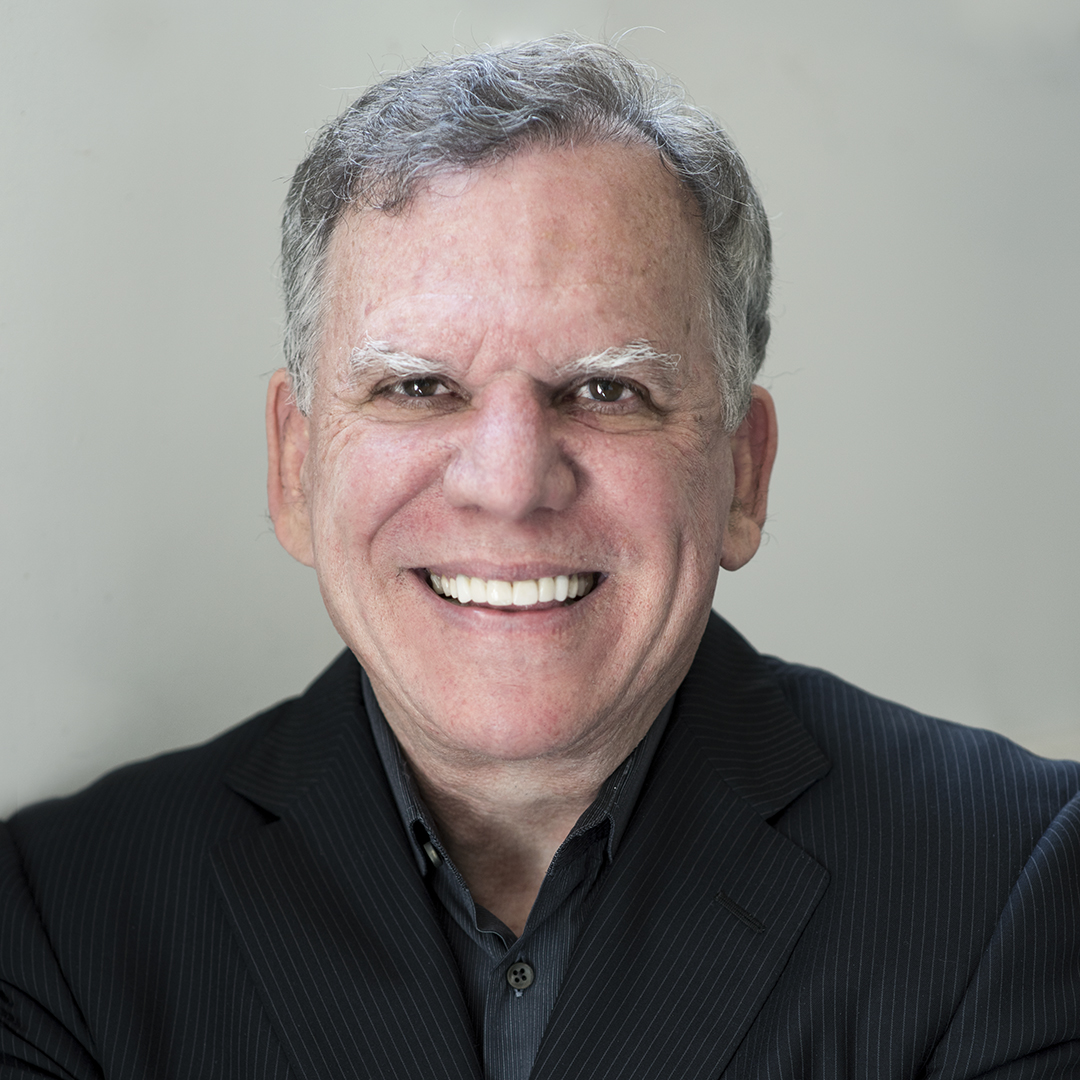|
Getting your Trinity Audio player ready...
|
What makes a leader? Is it the skills they have learned? The impact they have made on the world? The people they inspire? To Cari Dominguez, an undisputed leader in finance, consulting, federal government, and nonprofit work, it’s all of those things, plus one more: a deep-rooted understanding of both who they are and what the world needs from them.

Photo courtesy of ManpowerGroup
Dominguez “grew up fast” after immigrating to the United States at twelve years old, she says. She had to—her father and brother had both been prevented from leaving Cuba, leaving Dominguez, her mother, and her two younger sisters to make a life for themselves.
“I had to learn a new language as well as understand a new culture and new way of life,” Dominguez recalls. “I learned to be flexible and adaptable and to really envision opportunities, even when the odds weren’t in my favor.”
The odds certainly haven’t always been in Dominguez’s favor. Her first job was dusting pianos for a local community college; from there she climbed to illustrious positions at Bank of America, the US Department of Labor, global search and consulting firm Spencer Stuart, and executive search firm Heidrick & Struggles. Along the way, though, she has faced many challenges as a result of being “the only woman, the only Hispanic, the only working mom, or the only one with an accent.”
“I faced those challenges believing that my personal characteristics were assets, not liabilities, that they would offer me a perspective and a voice that was lacking in those environments,” Dominguez says. “It’s not easy to think that way, and I don’t think I’ve always succeeded in my efforts. But I strongly believed that the time would come when organizations would consider the qualities I offered to be assets.”
Over the years, Dominguez hasn’t just been looking out for herself. Through her work with the Department of Labor and the Equal Employment Opportunity Commission, Dominguez set public policy designed to protect other women and minority groups from being discriminated against in the workplace.
“I was the architect of what we called ‘the glass ceiling initiative,’” Dominguez says of her time in the Department of Labor. “It was a difficult initiative to put in place because of the politics that were involved, but it has been so transformational and impactful.”
Today, as a board member and mentor to future leaders, Dominguez makes it her mission to further the impact she’s made during the course of her distinguished career.
Currently a corporate director for ManpowerGroup, Triple-S, Calvert Research and Management, and the National Association of Corporate Directors, Dominguez goes into each day remembering that “for every action, there is a reaction.” All board members strive to further the strategic objectives of the company, she explains, but she also seeks to “do well by doing good” and consider the full implications of a board’s decisions.
“I want to make sure that our decisions are really opening up opportunities for all,” Dominguez says, “for stakeholders, employees, customers, investors, and the communities we serve. They should all share in the success of our decision-making.”
“I want to make sure that our decisions are really opening up opportunities for all—for stakeholders, employees, customers, investors, and the communities we serve.”
Of course, Dominguez notes, it’s not always easy to predict the consequences of your actions. “Our world is dramatically changing—technological disruptions and digital transformations are just part of our lives now,” she says. And it’s not just technology—factors such as global competition, climate change, and constantly shifting demographics are all rapidly converging to create a world in which it is increasingly difficult to stand out, to make a difference, and to effect change.
Our future depends on the leaders who are able to meet that challenge, Dominguez says, and she is committed to preparing those leaders for what lies ahead.
A critical part of that preparation is encouraging future leaders to find a worthwhile focus for their efforts; they need to not only identify an area with a true need but also a market for their talents. “When you look at technology and all the changes that are coming down the line, you have to consider what educational or career track is going to be valuable to you over time,” Dominguez explains. “I’m all for advocacy and activism—we have to love what we do because talent is worthless without motivation—but is that going to be a full-time job, or a passion?”
Dominguez asks questions like: What’s your manner of traveling? What are you looking to accomplish? What are the obstacles and barriers you will face? “It’s not just about knowing what you want your final destination to be,” she says.
“You have to decide how you’re going to position yourself to do what you need to do and then find the unique quality or attributes that will set you apart in that area,” Dominguez advises. “And I think leadership is one quality that will do that.”
The Three Cs for Finding Success
Cari Dominguez believes there are three essential “ingredients” for a successful professional life: competence, character, and confidence.
COMPETENCE
“Competence comes from doing the very best you can do. Hard work and perseverance always prevail, but you also have to understand the business you’re in and stay engaged in lifelong learning.”
CHARACTER
“Character is a leadership ingredient. You may work for a company that is at odds with your values, and you have to have the courage, honesty, integrity, and determination to be true to yourself despite that, or pursue a more compatible environment.”
CONFIDENCE
“I think confidence is the hardest to develop. It comes from seeking counsel and getting honest feedback, and then surrounding yourself with supportive individuals who have your back.”

